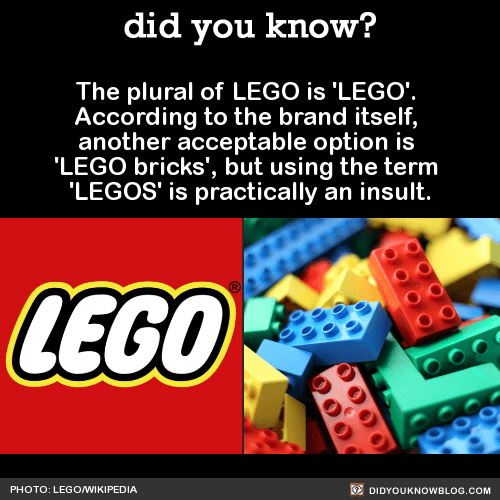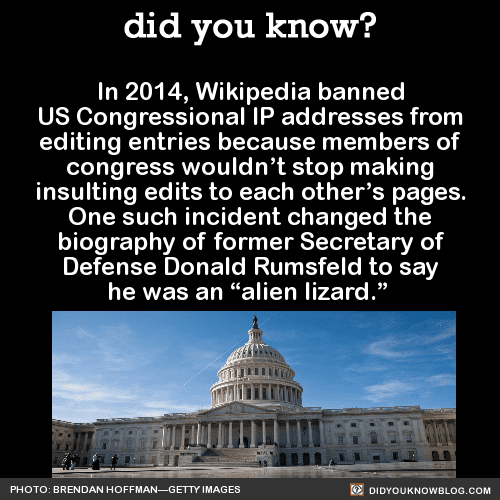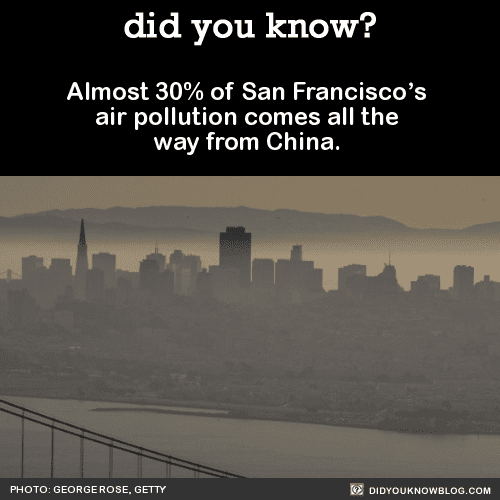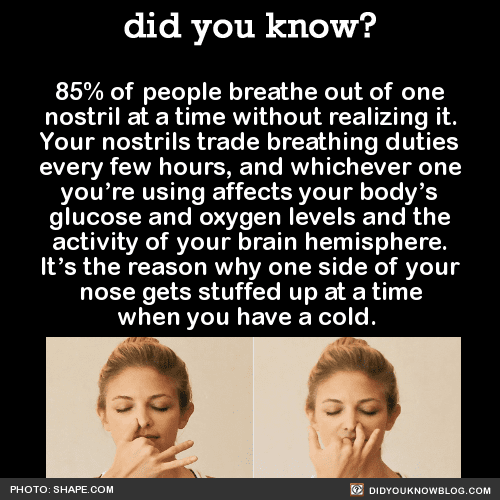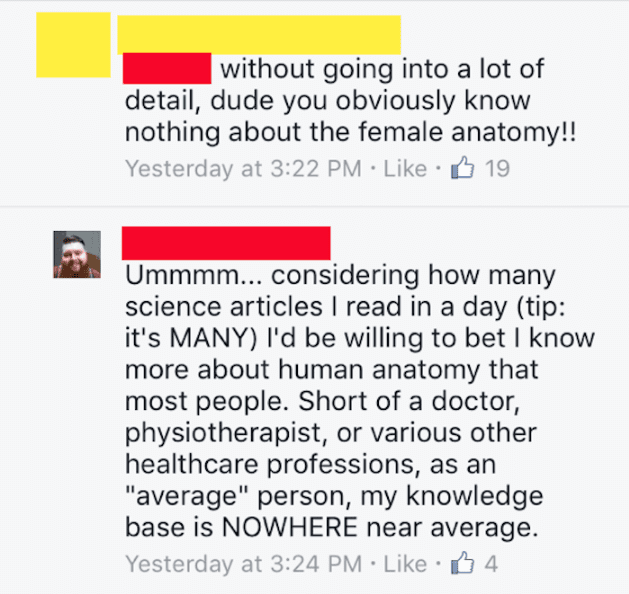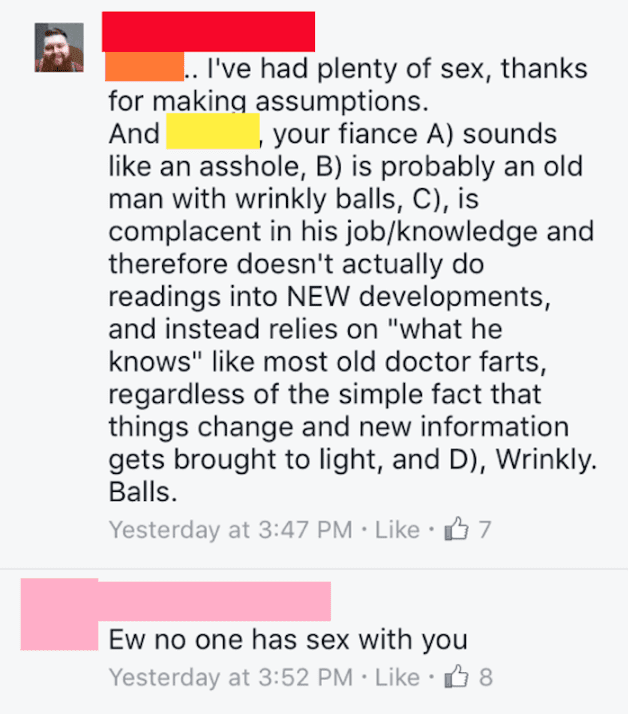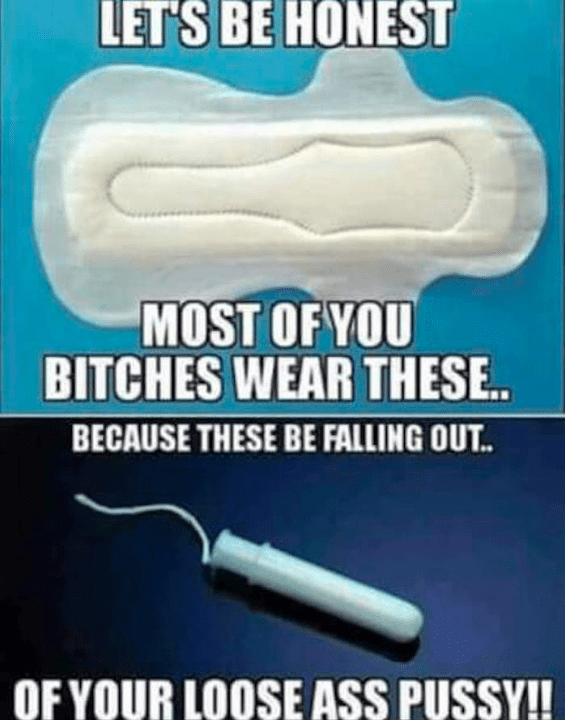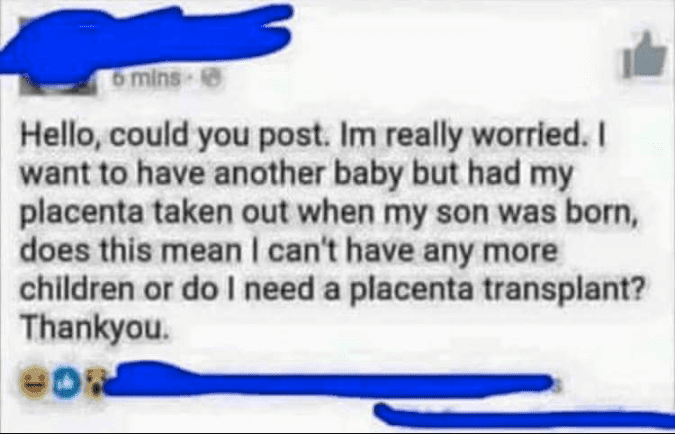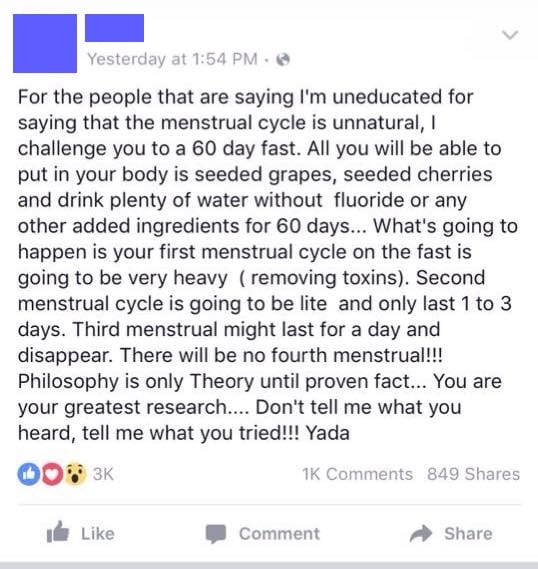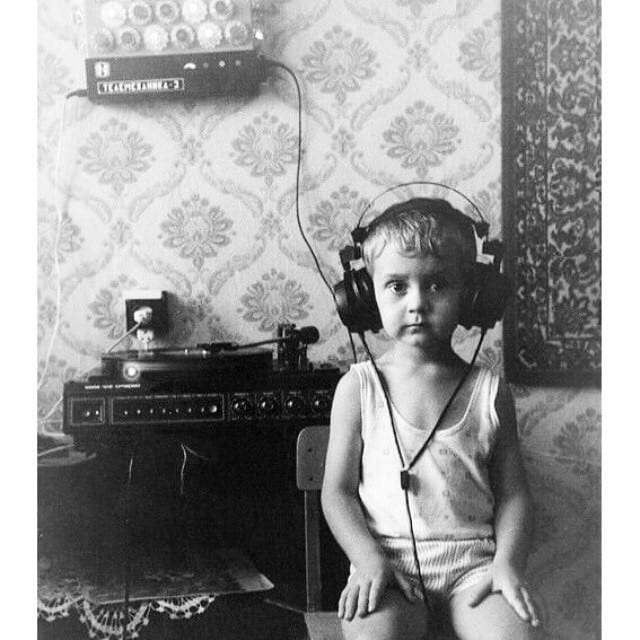Every profession has its pet peeves, often involving what the job really entails versus what the average person thinks it is. One such profession that people definitely don’t understand fully? Scientist.
So it’s unsurprising that these 15 scientists were willing to dish on the worst offenses.
#1. Built by consensus
“Peer review isn’t this magical thing where passing instantly conveys some level of unassailable validity. It’s 2-5 overworked scientists taking a quick look through someone else’s work, in a field that might be only tangentially within their area of expertise.
The job of peer review is to identify glaring mistakes (and, if my experience is anything to go by, apparently for the reviewers to try and squeeze a few more citations out of their papers by insisting the author references them). It generally doesn’t eliminate papers with subtle methodology or measurement flaws. It doesn’t weed out deliberate fraud. Hell, sometimes it even lets through glaringly obvious screw ups (as I said, the reviewers are generally overworked).
This is not a factor of the quality of the peer review, mind. Hell, sometimes even the very best journals get it wrong; the case of the Japanese Obokata group reporting induced pluripotency (which was a BIG DEALTM at the time) that got published in Nature, before being retracted because it turned out to be fraud.
Further, just because something is published, doesn’t mean it’s been published in a respectable journal. There are predatory journals, pay-to-play papermills, low quality scrub journals that don’t have standards, ideologically-driven rags, and more.
As a result, you can find papers that say damn near anything.
A single paper doesn’t mean anything.
What matters is that people can reproduce the work in question. Peer replication is the only true test of scientific validity, and that can take decades (assuming the topic ever even attracts enough attention to warrant replication attempts).
You see, scientific understanding is built by consensus. That is, the gradual accumulation of results in support of a new theory, and overturning an old one. If a theory is testable and valid, it will eventually be found to be true regardless of the odds stacked in front of it. This may not always be achieved rapidly.
So when you see a paper that seems to promise something against the norm, don’t assume it’s correct just because “scientists say”. Trust in the consensus that’s been built over time. Yes that does get overturned occasionally, but that is far, far rarer than the number of times those out-there results are correct.”
#2. Keeping it from the public
“I am a scientist and my sister legitimately thinks the cure for cancer has been found and ‘we’ (I am not a cancer scientist but apparently we’re all in on it together) are keeping it from the public. She does not understand what cancer actually is or that its really bloody hard to treat but gets really angry at me whenever cancer is mentioned because I’m the reason people are suffering. Wtf.”
#3. “Why did this happen?”
“The biggest one I deal with at work is “scientists know everything.” I work as a food scientist/R&D, and whenever we have something unexpected happen (e.g. a product is way stickier than I thought it should be, takes more water than our quality regs allows to prevent mold, etc.), no fewer than 4 people will come to me with a product in-hand and ask “why did this happen?” No context; not even sure what the actual problem is, just that they’re holding something that’s apparently not right. Depending on what the problem is, I usually have a couple ideas. Follow-up is then “well which one is it??” Like I’m actively trying to avoid giving them the one correct answer.. No, it could be any one of them OR it could even be a combination of all of them. We just have to try them out to find know for sure. My boss is the biggest offender of this, where he’ll send me an email saying “Product X doesn’t look good. What happened. We need to fix it” and I have even less to go on..
I don’t have all the answers, and scientists aren’t fiendishly withholding knowledge from people.”
#4. One big hat
“That “science” is one big hat. There seems to be this assumption that an astronomer and a biologist are one and the same.
While there is an extremely small subset of scientists that are cross-trained in multiple fields, the vast, vast majority of scientists have one small area of expertise.”
#5. Two misconceptions
“Zoologist here there are two misconceptions that drive me up a wall:
1.) When people say, incredulously, that humans evolved from monkeys, as if to denounce the whole idea of evolution as some crackpot idea. No, we did not evolve from modern day monkeys, we both share a common ancestor.
2.) Whenever people say that modern AZA zoos steal animals from the wild. They did do that in the past, but nowadays pretty much all animals you see in a reputable zoo are bred in captivity using SSP guidelines. Of course the same people who like to spout such nonsense also support shoddy “reserves” that have less funding and less support for their animals, and sometimes are no better than those roadside zoos that only see their animals as money makers.”
#6. It’s not
“That ‘cancer’ is one disease process and can be cured in aggregate.
Its not.”
#7. The things that are natural
“That things that are “natural” are automatically safe and effective. Toadstools are natural. All kinds of dangerous, poisonous things are natural. What natural really means is not tested in a scientific manner therefore potentially unsafe, almost always ineffective and somehow grandfathered in.”
#8. Some great global conspiracy
“That there could ever be some great global conspiracy of scientists to hide the “truth” about climate change or evolution.
Research science is as filed with pettiness and ego as any corporate boardroom. Everyone is trying to get out the next big discovery, and the competition between labs is fierce and sometimes nasty.
There is no way 97% of climate scientists are getting together and sharing a cheese plate while discussing how to take away your Suburban.”
#9. Multiple universes
“Physicist here! People often think that multiverse theory suggests that literally anything you can think of is true in some parallel universe (i.e. in some universe everyone lives on giant turtles).
This is not the case. Multiverse theory (which has very little evidence of being true) suggests that there are multiple (possibly infinite) universes. Although there could be infinite universes, that does not imply that they satisfy all possibilities. The sort of standard way of describing it is that there are an infinite number of numbers between 0 and 1 (i.e. 0.1, 0.01,0.001 etc) but none of them are two.”
#10. As seen on TV
“I work in the field of forensics. Yes it is cool, no it is not nearly as cool as on TV. Typically lab scientists (at least all the ones I know) NEVER go out to the scene to collect evidence. Results take so much longer than what they show on TV and are not always as clear cut either. Don’t even get me started on wearing PPE.”
#11. How little we know
“Geologist here, people don’t understand the massive time scale of the earth, and how little we know absolutely beyond the last 100-1000 years.”
#12. What’s the use?
“What’s the use?”
Most of the time, we either don’t know or have a vague idea of how research could go out of the lab. It is usually written in conclusion of articles, sometimes a bit too emphatically, which gives sensational headlines.”
#13. It’s just a theory
“About three months ago I went on a huge pseudoscientce and conspiracy theory binge for the hell of it. You would not believe the number of times they will pull the, “It’s just a THEORY, that means it’s NEVER BEEN PROVEN,” bullcrap.”
#14. Human calculators
“Mathematician here, but it’s astounding how many people think that people get Ph.Ds in the subject simply to be “human calculators”. I once told someone I had a degree in math, and the person proceeded to ask simple mental math questions. Once I answered them (toughest was 17*15) he admitted that I really was amazing at math and that my degree was put to good use. I don’t think I’ve facepalmed harder.”
#15. That one thing…
“Neuroscientist here. If everyone stopped repeating that “we only use 10% of our brain” thing, my blood pressure would probably drop significantly.”
I hope you were listening, folks!
The post 10+ Scientists Share the Common Misconceptions About their Jobs That Drive Them Crazy appeared first on UberFacts.







